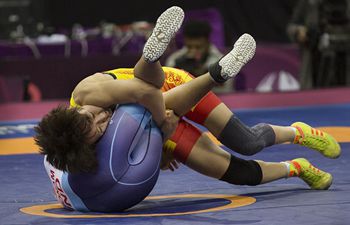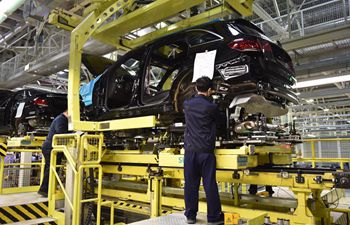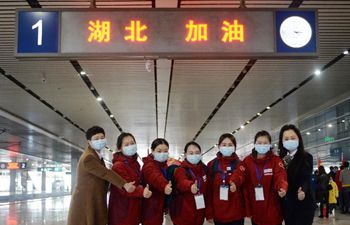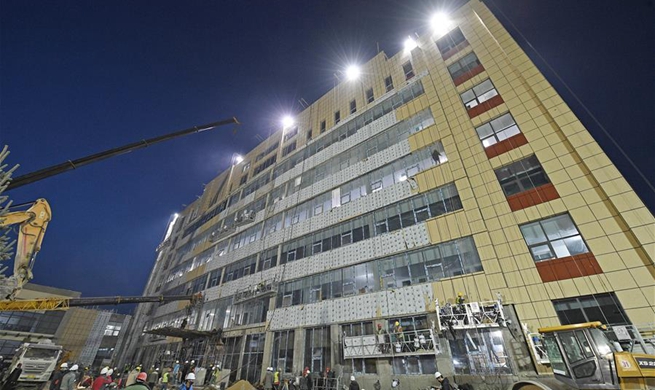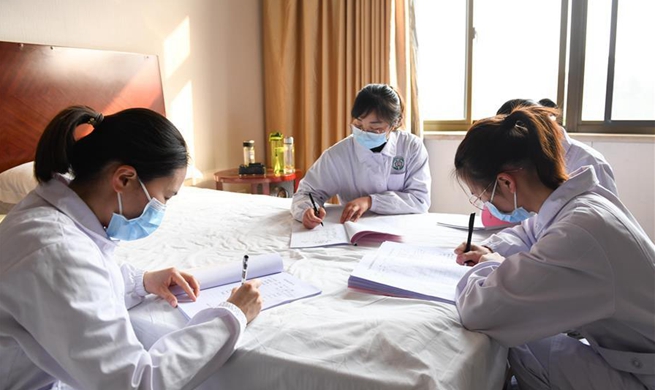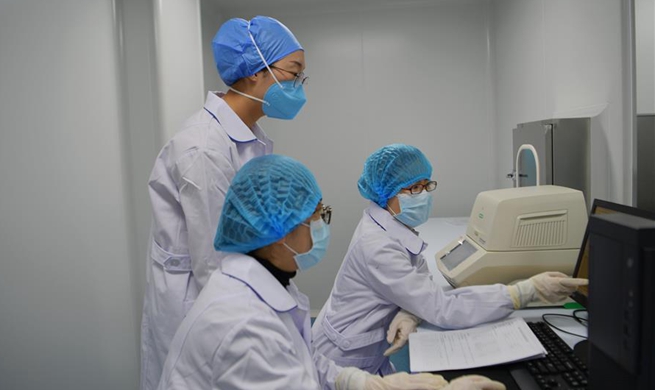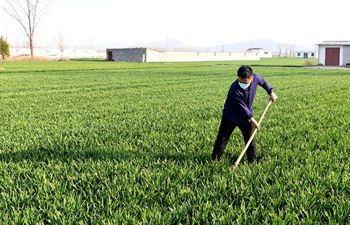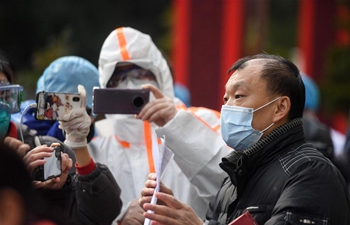KIGALI, Feb. 22 (Xinhua) -- The Rwandan government on Friday announced new measures to improve the quality of education in the country as the east African nation aspires to attain upper-middle-income status by 2035.
The government plans to assess education quality in existing higher learning institutions and review the accreditation and licensing requirements for new ones, according to a statement released by the prime minister's office.
It will also discontinue automatic student promotion practice in primary and secondary schools, which had been adopted to avoid repetition and school dropouts, and reinforce a merit-based system to prioritize quality in education.
In addition, the government will strengthen vocational education in the country and make it more accessible and affordable.
These measures were among the 16 resolutions adopted at the 17th National Leadership Retreat, a four-day event that focused on shaping the country in line with Vision 2050, where Rwanda aspires to become an upper middle-income by 2035 and high-income by 2050.
Rwandan President Paul Kagame, who chaired the event, said investors who prioritize profit over quality had been investing in universities that produce half-baked graduates.
Silas Lwakabamba, Rwanda's former minister of education, called for quality in-put to achieve quality education.
"It means you need quality teachers, quality facilities and infrastructure," he told Xinhua. "If you don't have all those you are going to have a problem definitely."
"There is need to set up systems in institutions where there are checks and balances. On the other hand there should be quality checks internally and externally," he added.
Ismael Buchanan, a senior lecturer of political science at the University of Rwanda, said the government had been building classrooms and ensuring the provision of materials rather than improving the capacity of the teaching workforce or tracking learning outcomes.
He said that an effective and sustained effort to improve education quality has yet to be developed.
"That is why most of our graduates may find themselves in an invisible position as most of them are unable to possess a basic set of skills, including the ability to speak English," he told Xinhua.
Recent findings from government-commissioned study on existing gaps in education in Rwanda showed that in Rwanda a student reads 23 words per minute on average against the global average of 60 words.
A teacher in Rwanda reads only 90 words per minute compared to the global average of 120 words, the study also showed.

